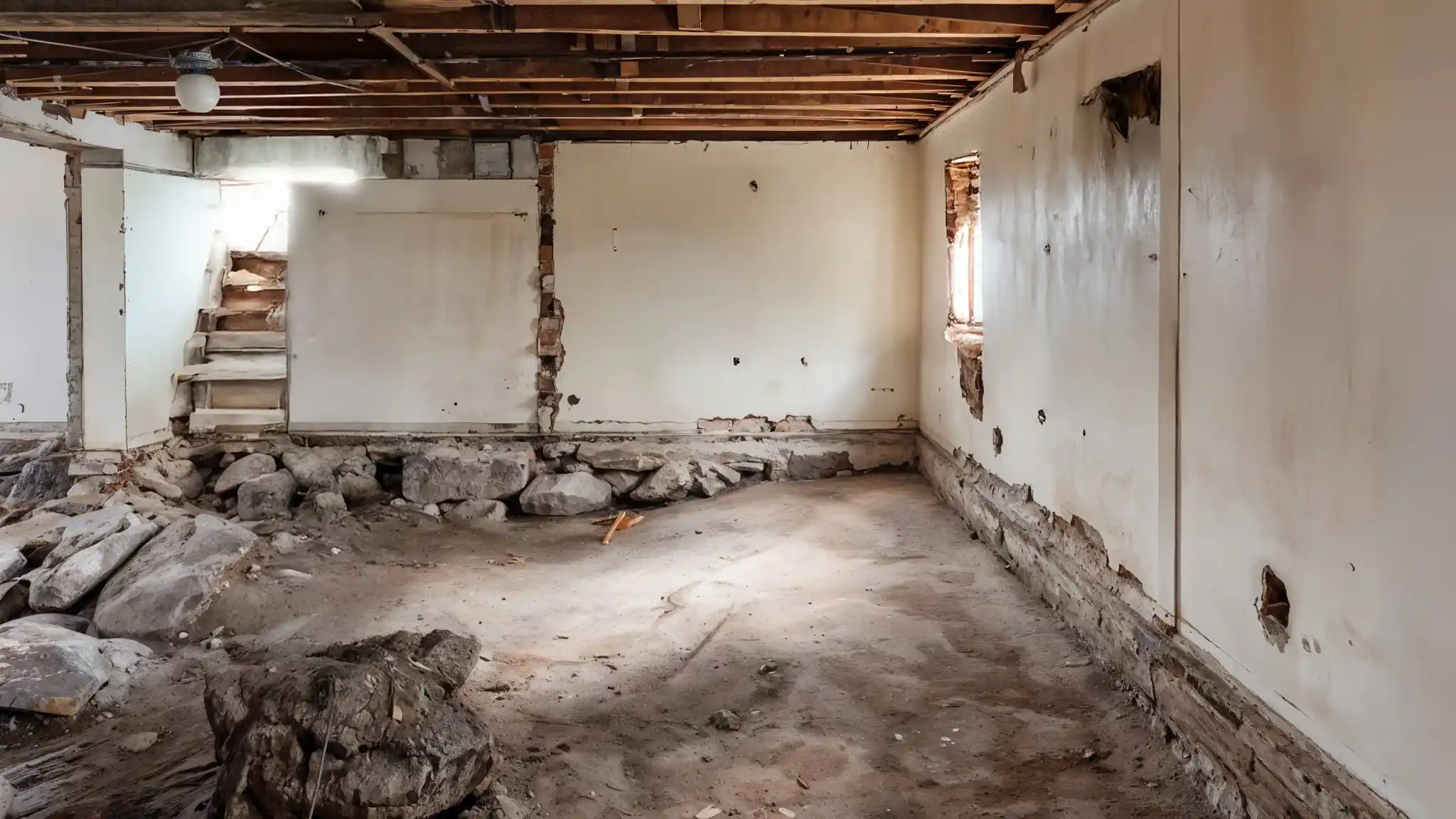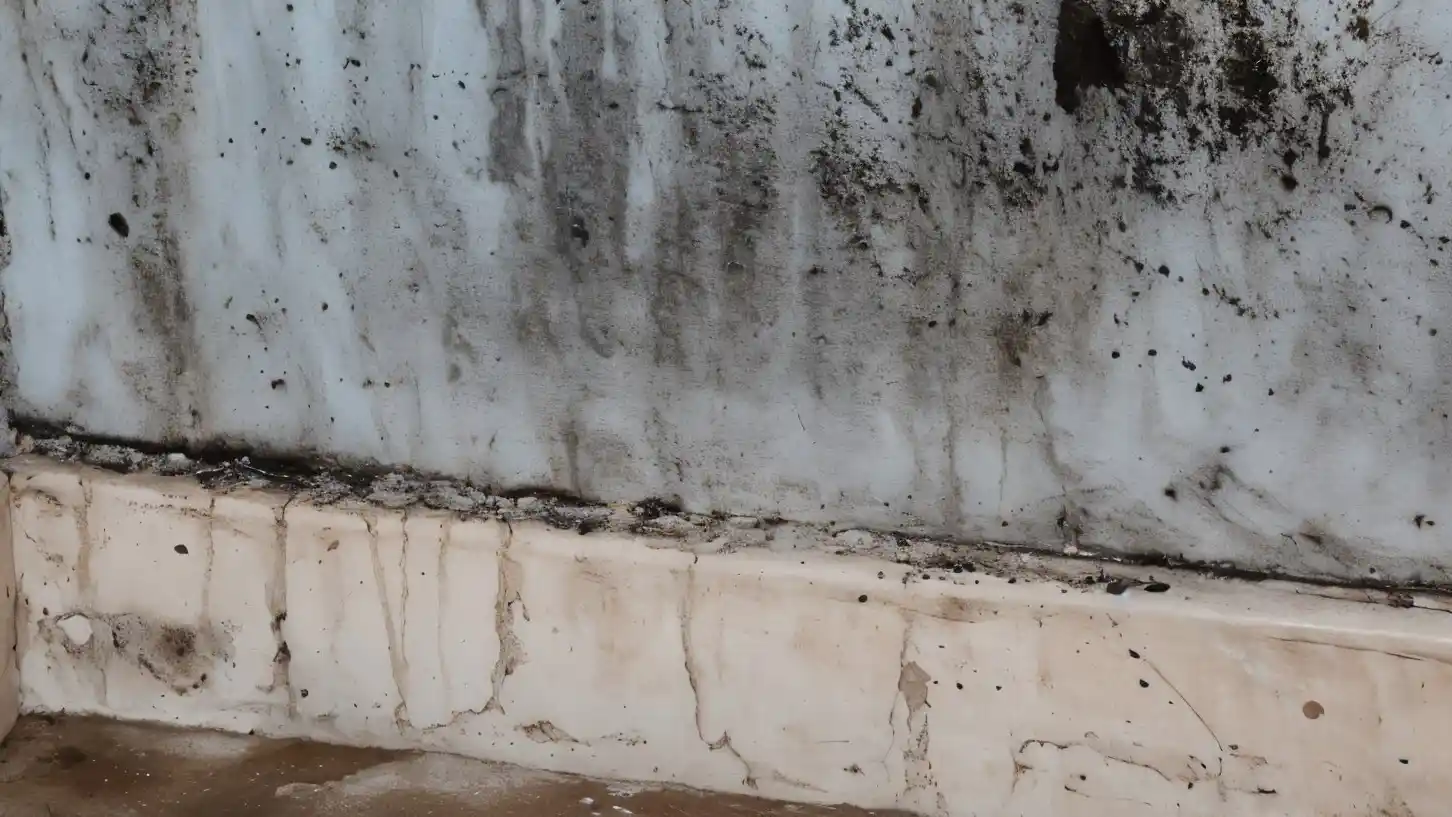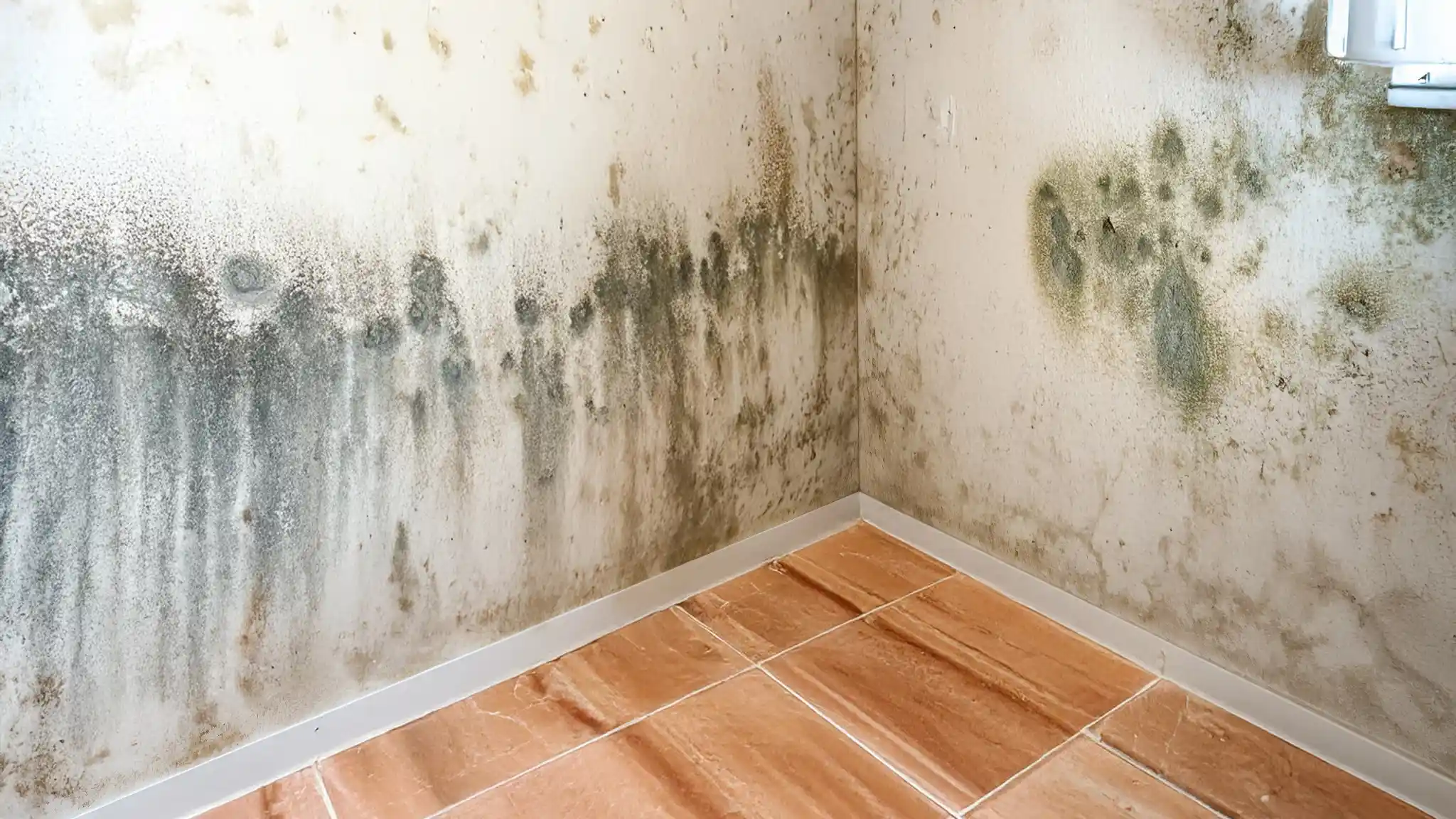
When disaster strikes—whether it’s a flood, fire, or storm—property owners often hear two terms: restoration and reconstruction. While they sound similar, they involve very different processes.
At STOP Restoration Winston-Salem, we often meet homeowners who are unsure whether they need simple restoration, full reconstruction, or a combination of both.
What Is Restoration?
Restoration refers to repairing and cleaning existing structures and materials to return a property to its pre-damage condition.
Typical restoration services include:
- Water extraction and drying
- Mold remediation
- Smoke and soot cleaning
- Odor removal
- Surface cleaning and sanitization
- Minor repairs (patching walls, replacing flooring)
Goal of restoration: Save and salvage as much of the existing structure as possible.
What Is Reconstruction?
Reconstruction, on the other hand, involves rebuilding portions of a property that are too damaged to repair. It often follows extensive disasters such as fire, severe flooding, or structural collapse.
Typical reconstruction services include:
- Demolition of unsafe materials
- Rebuilding walls, ceilings, and floors
- Roof replacement
- Structural reinforcement
- Full-scale remodeling after damage
Goal of reconstruction: Rebuild or replace parts of the property to ensure safety and usability.
Key Differences Between Restoration and Reconstruction
| Factor | Restoration | Reconstruction |
| Scope | Cleaning and repairing existing materials | Rebuilding damaged structures |
| Timeframe | Typically quicker | Longer, more complex |
| Cost | Lower, since more is salvaged | Higher, due to new materials |
| Insurance Coverage | Usually covered if damage is sudden | Covered depending on policy |
| End Result | Pre-damage condition | Sometimes better than before |
When Do You Need Restoration?
Restoration is ideal when:
- Water damage is contained and caught early
- Smoke damage is superficial (walls, ceilings, furniture)
- Mold growth is localized
- Structure remains sound
Example: A burst pipe floods your bathroom, but drywall and flooring can be dried and sanitized. Restoration is all that’s needed.
When Do You Need Reconstruction?
Reconstruction is necessary when:
- Fire destroys entire rooms or structural framing
- Flooding weakens the foundation or walls
- A vehicle or storm causes major structural collapse
- Mold has spread extensively behind walls and ceilings
Example: A fire damages not only the walls but also the roof structure. In this case, reconstruction ensures safety and stability.
Sometimes You Need Both
Often, property damage requires both restoration and reconstruction.
Example: After a kitchen fire, STOP Restoration may first remove soot, deodorize, and salvage cabinets (restoration). But if walls or flooring are unsalvageable, we rebuild those areas (reconstruction).
This combination approach ensures cost efficiency (restoration saves materials) and long-term safety (reconstruction secures the property).
How Insurance Factors In
Most homeowners’ insurance policies cover:
- Restoration services after sudden, accidental damage (water, fire, storm).
- Reconstruction costs if damage is severe and deemed necessary.
However, insurance may deny claims for neglect (like long-term mold or wear and tear). STOP Restoration Winston-Salem works directly with insurers to streamline claims.
Restoration & Reconstruction in Winston-Salem
The Triad area faces risks like seasonal storms, flooding, and fire emergencies. That’s why having a trusted partner who handles both restoration and reconstruction under one roof is invaluable.
STOP Restoration Winston-Salem offers:
- 24/7 emergency response
- Full-service restoration (water, fire, mold, smoke)
- Licensed reconstruction and repair
- Local expertise across Winston-Salem, Greensboro, High Point, and Kernersville
Which Do You Need?
Ask yourself these questions:
- Is my property structurally safe?
- Can damaged materials be cleaned and salvaged?
- Is the damage mostly cosmetic, or does it affect the foundation and framing?
- Will insurance cover the recommended solution?
If you’re unsure, call STOP Restoration Winston-Salem at 336-569-2288 for an expert evaluation.
Key Takeaways
- Restoration = cleaning, drying, and repairing existing materials.
- Reconstruction = rebuilding when damage is too severe.
- Many properties require a combination of both.
- Professional guidance ensures safety, cost-effectiveness, and insurance compliance.
FAQs on Restoration vs. Reconstruction
Q1: Is restoration always cheaper than reconstruction?
Yes. Restoration is usually more affordable because it saves existing materials. Reconstruction involves purchasing new materials and labor for rebuilding, which increases costs.
Q2: Can restoration fix structural damage?
No. Restoration addresses cosmetic and surface-level damage. Structural issues always require reconstruction to ensure safety.
Q3: How do I know if I need reconstruction after a fire?
If the fire affected framing, roofing, or load-bearing walls, reconstruction is necessary. A professional inspection from STOP Restoration can confirm.
Q4: Will insurance cover both restoration and reconstruction?
Yes, if the damage is sudden and accidental. However, coverage depends on your policy details and exclusions.
Q5: How long does each process take?
Restoration may take days to weeks, depending on severity. Reconstruction can take weeks to months, especially if permits and major rebuilding are required.
Q6: Can STOP Restoration handle both processes?
Absolutely. We provide complete restoration and reconstruction services under one roof, ensuring seamless care from start to finish.
Q7: What if mold damage is severe—restoration or reconstruction?
Localized mold can often be remediated with restoration. If mold has compromised drywall, insulation, or structural elements, reconstruction will be necessary.



